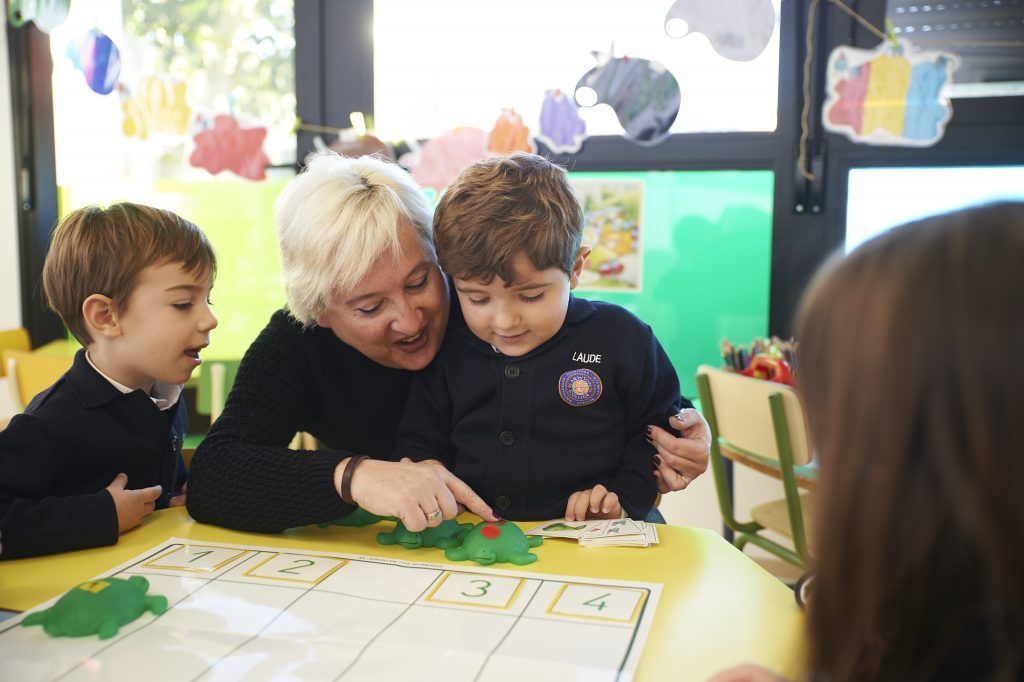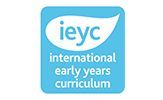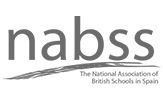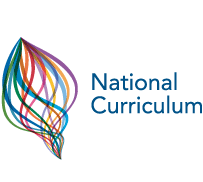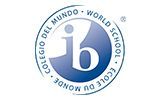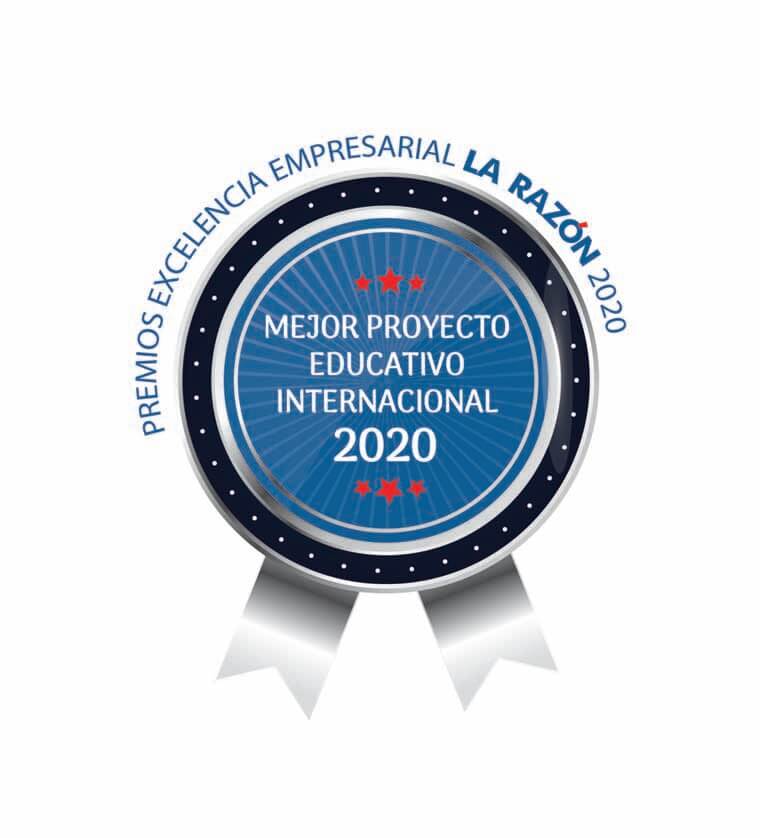How to teach English to preschool children
It is always a good thing to combine the learning of the mother tongue with a second language. When we consider how to teach English to preschool children, we often wonder whether it is advisable to wait, however, specialists indicate that the first school years are the right time to assimilate more than one language.
Is it advisable to start studying English in infant school?
Yes, it is highly advisable to start studying English in infant school. This stage is an ideal time to introduce children to learning a second language, as their brains are particularly receptive to acquiring new language skills.
Firstly, children have a greater capacity to learn sounds and linguistic patterns, which facilitates their pronunciation and listening comprehension of English. In addition, learning English from an early age establishes a solid foundation for the development of more complex language skills in the future.
Furthermore, the study of English at an early age promotes children’s cognitive development and critical thinking, helps them develop communication skills, expand their vocabulary and improve their ability to express themselves in both English and their mother tongue.
Learning English early gives children an academic and cultural advantage, enables them to access a wide variety of educational resources in English, establish cross-cultural connections and prepare for future academic and professional opportunities in an increasingly globalised world.
Techniques for learning English for children
English language learning techniques in infant classes focus on tapping into children’s natural curiosity and ability to absorb language-related information. The following are some effective techniques for teaching English to children at this stage:
- Learning through play: Games are an excellent way to engage children in learning English. Use play activities, such as memory games, songs, stories and puzzles, to get children to associate language with fun and actively participate.
- Repetition and routines: Children learn best through repetition, so create daily routines that include elements of English, such as songs or greetings in English at the beginning of class. Repeat basic vocabulary and structures in different contexts to reinforce learning.
- Visual stimuli: Use picture cards, pictures, posters and other visual resources to associate English words with their visual representations.
- Use of gestures and facial expressions: Accompany English words with gestures and facial expressions to reinforce meaning and non-verbal communication. This helps children understand the context and facilitates their active participation.
- Songs and rhymes: Songs and rhymes are powerful tools for teaching English to children. Use songs with simple, catchy lyrics to introduce vocabulary, grammatical structures and pronunciation in a fun way.
- Multisensory learning: Take advantage of different senses and learning channels. Incorporates tactile activities, such as object manipulation or construction games, to stimulate active participation and reinforce learning through hands-on experience.
- Active participation and conversation: Encourages children’s active participation in conversational activities in English. Ask simple questions, ask for descriptions and provide opportunities for them to practise speaking in a safe and supportive environment.
Benefits of British schools for learning English in infants and toddlers
British schools offer a number of significant benefits for learning English during the infant stage.
- Full language immersion: British schools have a full language immersion environment, where English is used as the main language of communication both inside and outside the classroom. This provides children with constant exposure to the language and helps them to develop their listening, speaking, reading and writing skills in English in a natural and authentic way.
- Qualified, native or bilingual teachers: British schools are usually staffed by highly qualified teachers, many of whom are native or bilingual in English. These professionals have extensive knowledge of the language and its associated culture, enabling them to provide high quality teaching tailored to the needs of children in the early years.
- Curriculum based on international standards: British schools generally follow a curriculum based on recognised international standards, such as the UK National Curriculum. This curriculum provides a clear and progressive structure for learning English, ensuring that children acquire strong language skills and steadily develop the language.
- Authentic materials and resources: UK schools have access to a wide range of educational materials and resources in English, such as textbooks, children’s literature, multimedia and interactive tools. These resources allow children to interact with the language in a meaningful way and explore British culture and society.
- Multicultural experience: British schools tend to have a diverse student community, with children from different cultures and nationalities. This creates a multicultural environment in which children can interact and learn about diverse cultural perspectives, while using English as a common language for communication and collaboration.
At Newton College we develop a language programme that begins during the infant years, so that our pupils become accustomed to the language immediately. The results at the end of this first stage of education are our best proof that learning English at this age is advisable.
